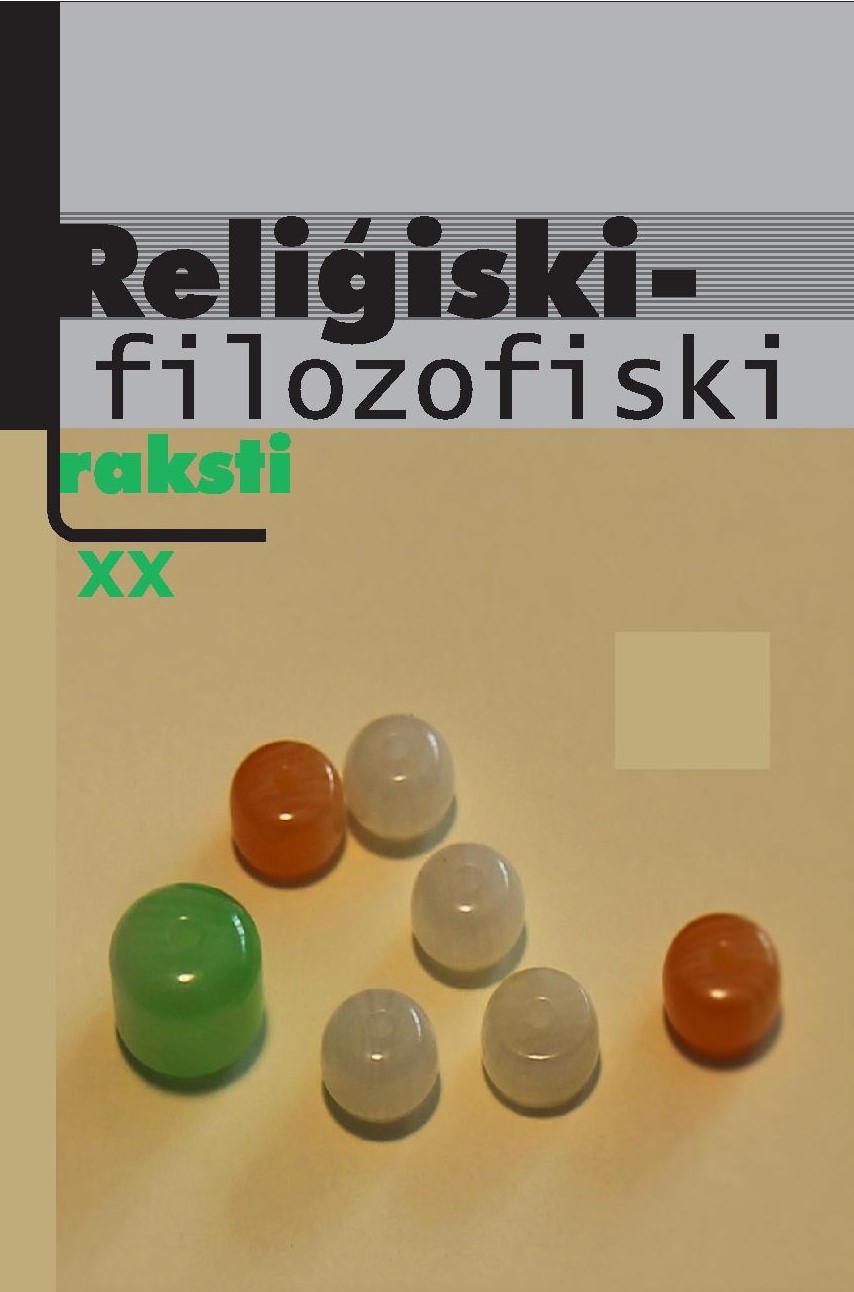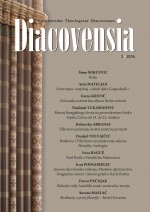
VJERNIK I NEVJERNIK POD »UNAKRSNIM PRITISKOM« CHARLES TAYLOR O SEKULARNOM DOBU
The article analyzes the recently published book by the Canadian philosopher Charles Taylor called »A Secular Age«. The fundamental thoughts of this extensive work are featured. The article is divided into five sections principally following the chapters of Taylor’s book. At the beginning the author presents Taylor’s comprehension of the modern age as opposed to the pre-modern period. The differences, peculiarities and perils of both ages are addressed. Thereafter special attention is given to Taylor’s reflections on the role of Christian faith in the pre-modern period and in the modern age. Furthermore, significant concepts of Taylor’s book are analyzed, such as »exclusive humanism«, »Providential Deism«, »counter-Enlightenment«, »cross pressure« and others. All those and other ideas reflect the multi-layered nature and the complexity of modern times that represent a challenge and a threat to Christian faith, but also a chance for its new expressions and different realizations. In the end, in the closing consideration the work of Charles Taylor is assessed as significant and inescapable for theology since it enables a more comprehensive understanding of modern times. Without understanding of modern times Christian faith is unable to provide either critique, challenge or a true inspiration to the man of the »secular age«.
More...
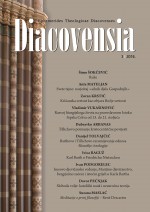
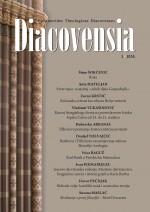
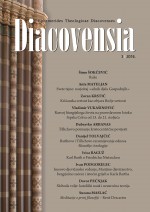
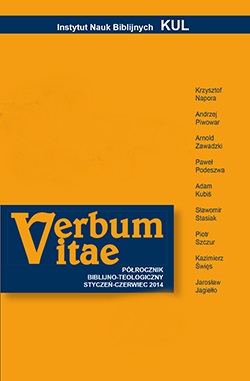
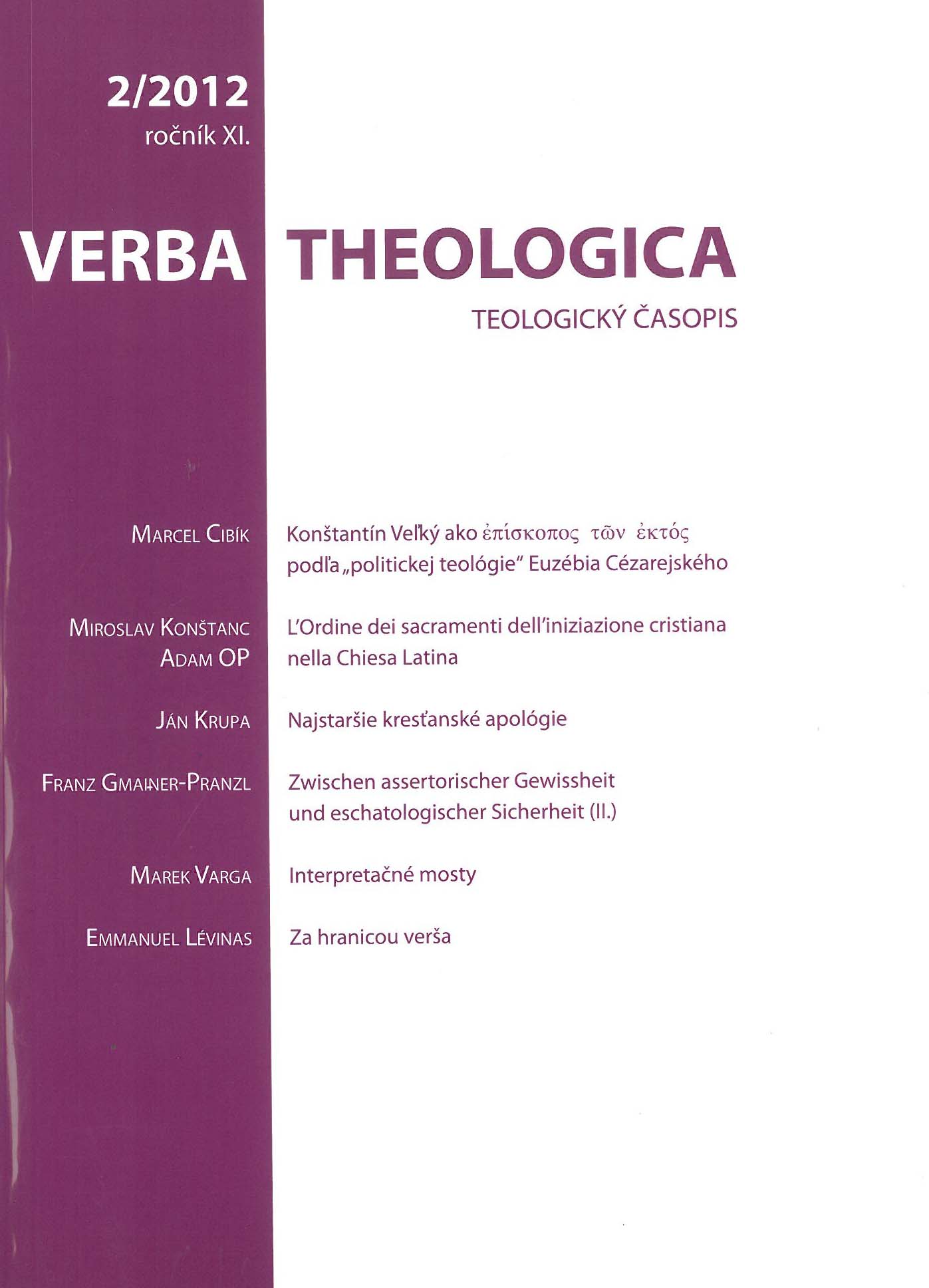
![Secular Mentalities and Religion in the Thought
of ]ürgen Habermas](/api/image/getissuecoverimage?id=picture_2017_47706.jpg)
